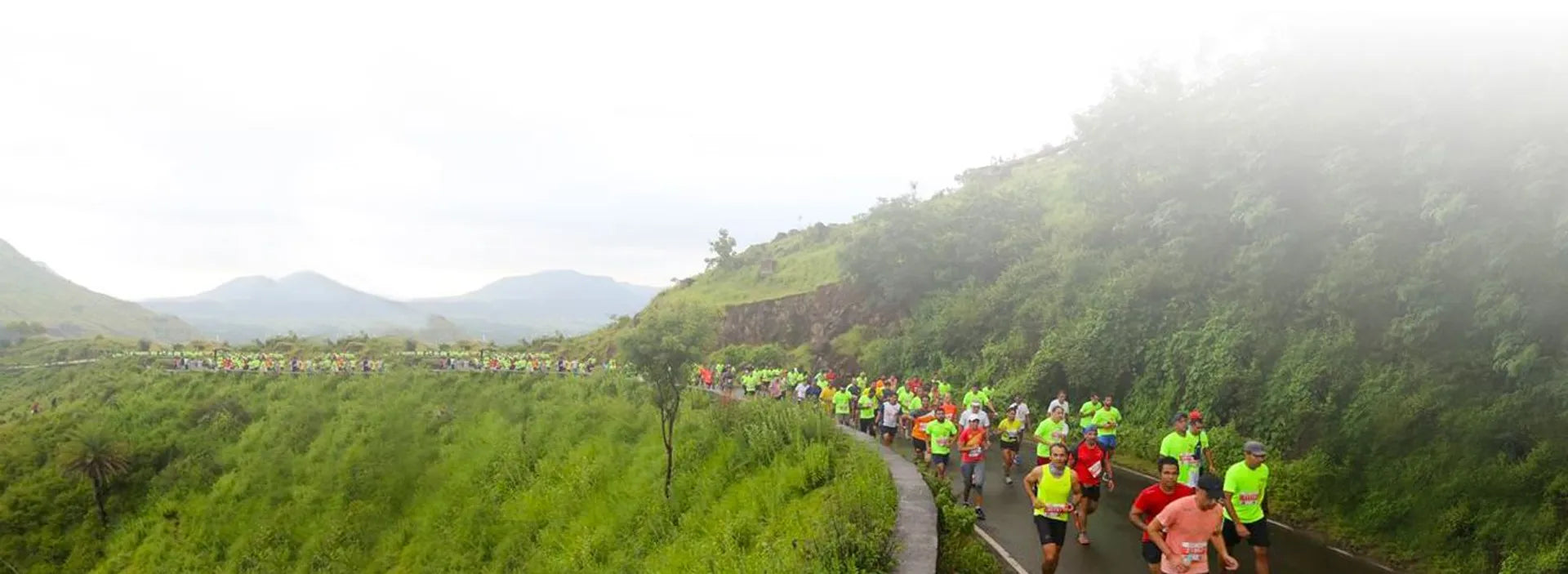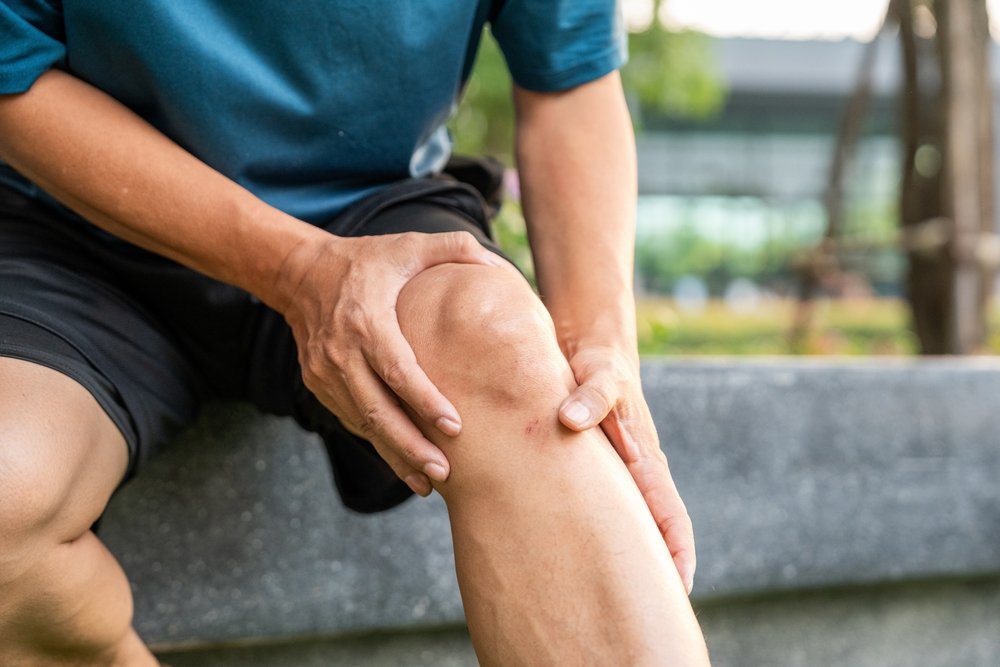Trail running is more than just running—it’s a test of endurance, stability, and resilience. From steep ascents to rocky descents, your legs absorb relentless impact while powering you forward. Over time, this strain can lead to calf fatigue, swelling, and delayed recovery. For trail runners who want to perform consistently and recover faster, Sorgen Sports Compression Socks and Calf Sleeves. are game-changing essentials.
In this blog, we’ll explore how firm sports compression supports trail runners, what science says about its effectiveness, and why Sorgen gear deserves a spot in your trail running kit.
The Demands of Trail Running on Your Legs
Unlike road running, trail running involves uneven terrain, constant elevation shifts, and variable ground impact. These conditions place significant stress on the calves, shins, and ankles. Common issues trail runners face include:
-
Muscle vibration and micro-trauma – every uneven step makes calf muscles oscillate, increasing fatigue.
-
Swelling (edema) – long runs cause fluid pooling, especially in the lower legs.
-
Delayed onset muscle soreness (DOMS) – steep descents create eccentric loading, notorious for soreness.
-
Risk of minor injuries – shin splints, calf strains, and Achilles irritation often creep in.
Compression socks and calf sleeves are designed to tackle these exact challenges, making them indispensable for trail runners pushing their limits.
Why 20–30 mmHg Compression Is Ideal for Trail Runners
Compression is measured in millimetres of mercury (mmHg). A range of 20–30 mmHg is considered firm compression—perfect for athletes who need more than mild support but still want comfort for hours of wear.
For trail runners, this range delivers:
-
Improved circulation – faster venous return keeps blood moving uphill, reducing swelling.
-
Stability on uneven ground – firm compression supports calf muscles during sudden shifts in terrain.
-
Reduced muscle oscillation – minimizing vibrations means less fatigue over long distances.
-
Quicker recovery – flushing out lactate and metabolic waste helps reduce soreness post-run.
Study 1: Calf Compression Sleeves in Trail Running
A 2017 study published in Frontiers in Physiology tested calf compression sleeves during ~2.5 hours of trail running.
Findings:
-
Compression sleeves changed biomechanics, reducing ground-contact time and improving leg stiffness control.
-
Runners wearing sleeves reported lower perceived leg fatigue during long trail runs.
-
Oxygen delivery wasn’t significantly altered, but the mechanical and comfort benefits were clear.
Takeaway: Sorgen Sports Compression (20–30 mmHg) provide biomechanical support during rugged trail runs, helping you sustain efficiency and feel less drained on climbs and descents.
Study #2: Compression Socks Enhance Recovery After Maximal Exercise
A review in the International Journal of Environmental Research and Public Health assessed compression socks’ effect on post-exercise recovery.
Findings:
-
Socks in the 15–33 mmHg range significantly improved muscle recovery at 24–48 hours post-exercise.
-
Runners experienced less muscle soreness and fatigue than those without compression.
-
Performance during runs didn’t change much, but recovery benefits meant faster readiness for the next session.
Takeaway: Sorgen Sports Compression Socks are ideal after trail runs to accelerate recovery, reduce DOMS, and prepare your legs for the next adventure.
Why Sorgen Sports Compression Gear Works for Trail Runners
Sorgen designs compression gear specifically with endurance athletes in mind. Here’s why their socks and calf sleeves stand out:
-
Graduated compression (20–30 mmHg): Targeted support where trail runners need it most—ankle to calf.
-
Anatomical fit: Stays in place on long, technical runs without slipping or bunching.
-
Breathable, durable fabric: Wicks moisture while withstanding mud, water crossings, and rugged terrain.
-
Versatile use: Socks for full recovery and long races; sleeves when you prefer your own trail running socks.
How to Use Sorgen Compression for Trail Running
-
During Runs – Wear calf sleeves on long trail runs or races to stabilize muscles and reduce mid-run fatigue.
-
Post-Run Recovery – Slip into full compression socks immediately after running to speed up recovery and reduce swelling.
-
Back-to-Back Training – Essential for stage races or consecutive training days where soreness can derail progress.
-
Race Travel – Use compression socks during long drives or flights to reduce leg swelling before race day.
Conclusion
Trail running is demanding, but the right gear helps you go further with less fatigue. Backed by research, Sorgen Sports Compression Socks and Calf Sleeves (20–30 mmHg) are proven to reduce calf fatigue, enhance recovery, and support biomechanics on challenging terrain.
For runners seeking stronger legs, faster recovery, and more enjoyable miles on the trails, compression isn’t just an accessory—it’s an essential. With Sorgen, you’re not only conquering trails—you’re protecting your performance and recovery every step of the way.
The above information is provided for educational purposes only and should not replace medical advice. We always recommend consulting your doctor for personalized guidance.


